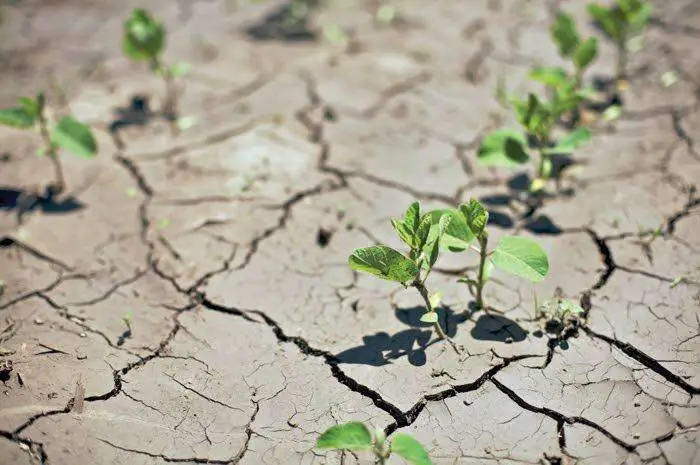JOHANNESBURG, South Africa (Reuters) — A devastating drought sweeping across southern Africa has left millions on the brink of starvation, prompting urgent warnings from the United Nations about a potential humanitarian disaster.
In recent months, five nations—Lesotho, Malawi, Namibia, Zambia, and Zimbabwe—have declared national emergencies as relentless dry conditions ravage agricultural output and livestock. Neighboring countries, including Angola and Mozambique, are also grappling with the dire effects of this prolonged drought, according to the latest reports from the UN’s World Food Programme (WFP).
With no end in sight until the next harvest season, anticipated around March or April of next year, the situation is expected to worsen significantly. “This drought is unprecedented, impacting over 27 million individuals across the southern region,” stated Tomson Phiri, a spokesperson for the WFP. “The alarming statistic is that 21 million of those affected are children suffering from malnutrition.”
Despite ongoing relief efforts, the WFP has only secured 20% of the $369 million needed to provide adequate food assistance and support programs. Phiri emphasized the urgent need for international aid to avert a deeper crisis.
The current drought has been exacerbated by the cyclical El Niño phenomenon, which contributes to erratic weather patterns worldwide, causing severe drought in some areas while resulting in excessive rainfall in others.
Experts have indicated that this could be the most severe drought in a century, with reports revealing that Zambia has lost 70% of its harvest and Zimbabwe has experienced an 80% reduction. Lola Castro, the WFP’s acting regional director, confirmed the devastating agricultural losses.
Additionally, the drought is severely affecting the region’s hydropower generation, leading to widespread electricity shortages. In response to dwindling resources, authorities in Zimbabwe and Namibia have implemented wildlife culling measures to alleviate the mounting pressure on food supplies.
The situation remains critical, with calls for immediate action and support to mitigate the human toll of this unprecedented drought.

